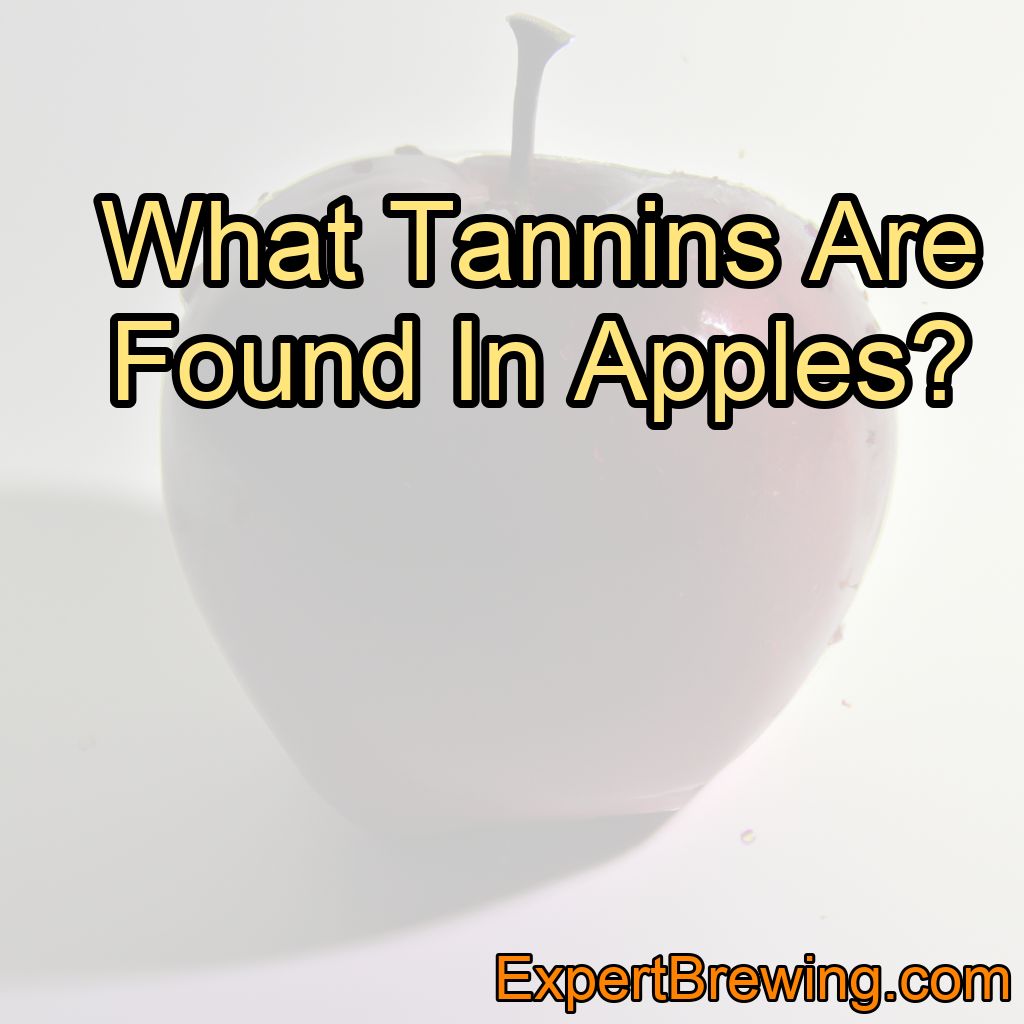Lambic, a unique and historical beer style, has been growing in popularity as more and more beer enthusiasts are drawn to its complex flavors and fascinating brewing process.
But in the age of increasing dietary restrictions and health awareness, many people are asking: is lambic beer gluten free?
This question is particularly relevant for those who suffer from gluten sensitivities or celiac disease, as well as those who have simply chosen to eliminate gluten from their diets for personal reasons. In this blog post, we will dive deep into the world of lambic beer, and answer the ever-important question of whether or not it is gluten free.
So is Lambic Beer Gluten Free?
No, sadly, lambic beer is not gluten free, as it is brewed with malted barley, which contains gluten. However, there are some gluten-reduced options available for those with less severe sensitivities.
1. The History and Origins of Lambic Beer
Lambic beer has a rich and storied history, dating back to the 16th century in the Pajottenland region of Belgium. This unique beer style has been brewed and enjoyed for centuries, and its traditional brewing methods have been passed down through generations of brewers.

Lambic is known for its distinctive sour, funky, and fruity flavors, which can be attributed in large part to the spontaneous fermentation process that is central to its production.
2. The Unique Brewing Process of Lambic Beer
The process of brewing lambic beer is quite different from that of most other beer styles. While traditional beers are fermented with carefully cultivated strains of yeast, lambic relies on spontaneous fermentation to create its unique flavors.

This means that instead of adding specific yeast strains to the beer for fermentation, lambic brewers allow the beer to be inoculated by wild, naturally occurring yeast and bacteria present in the environment.
To facilitate this, the wort (the liquid created by mashing malted barley and water) is left to cool overnight in large, shallow vessels called coolships.
These vessels allow the wort to be exposed to the surrounding air, where it becomes inoculated with wild yeast and bacteria. Once inoculated, the wort is transferred to wooden barrels, where it ferments and ages for anywhere from one to three years.
3. Malted Barley: The Gluten-Containing Culprit
As mentioned earlier, lambic beer is not gluten free due to the presence of malted barley (around 60%) and unmalted wheat (around 30%).
Barley is the primary sources of gluten in lambic, as gluten is a group of proteins found in grains such as wheat, rye, and barley.

During the mashing process, the barley is mixed with water, which breaks down the starches and releases the gluten proteins.
These proteins then become a part of the final beer, making it unsuitable for those with gluten sensitivities or celiac disease.
However, lambic beer typically contains a low amount of gluten due to the use of unmalted wheat instead of malted wheat, which has a lower gluten content than malted barley.
The exact amount of gluten in lambic beer will vary depending on the specific brewing process and ingredients used. It is recommended that individuals with gluten sensitivities or celiac disease consult with a healthcare professional before consuming lambic beer.
4. The Aroma and Appearance of Lambic Beer
Lambic beer is known for its distinctive aroma, which can range from fruity and tart to funky and earthy, depending on the specific blend and age of the beer.
The wild yeast and bacteria responsible for fermenting the beer produce a variety of unique compounds, which contribute to its complex aroma.
In terms of appearance, lambic can vary from pale gold to deep amber, and may be hazy or clear. Some lambics are also fruited, meaning that fruit has been added during the aging process, resulting in a range of colors from bright red to deep purple.
5. Gluten-Reduced Lambic Options for Beer Lovers
While traditional lambic beer is not gluten free, there are some options available for those with less severe sensitivities. Some breweries produce gluten-reduced beers, which are made using enzymes that break down the gluten proteins during the brewing process.

These beers may not be completely gluten free, but they typically contain significantly lower levels of gluten than traditional beers. It’s important to note, however, that these gluten-reduced options may not be suitable for individuals with celiac disease, who need to avoid even trace amounts of gluten.
6. Gluten-Free Beer Alternatives
For those who must strictly avoid gluten, there are a variety of gluten-free beer options available. These beers are made using alternative grains, such as sorghum, rice, millet, or buckwheat, which do not contain gluten. While these beers may not have the exact same flavor profile as traditional lambic, there are many delicious gluten-free options on the market that are worth trying.
7. Navigating the World of Gluten-Free Beer
If you’re new to the world of gluten-free beer, it can be a bit overwhelming trying to find the best options for your tastes. Here are a few tips to help you navigate the gluten-free beer landscape:
- Look for dedicated gluten-free breweries, as they often produce a wider range of gluten-free beer styles.
- Experiment with different gluten-free grains, as each can produce unique flavors and characteristics in the finished beer.
- Read reviews and ask for recommendations from fellow beer enthusiasts, as well as from local beer stores and bars.
8. The Importance of Label Reading
When searching for gluten-free beer options, it’s important to always read labels carefully, as not all gluten-free beers will be clearly marked as such. Additionally, some beers may be labeled as “gluten-reduced” or “crafted to remove gluten,” which, as mentioned earlier, may not be suitable for those with celiac disease.
9. Embracing the World of Lambic and Beyond
While traditional lambic beer may not be an option for those who need to avoid gluten, there is still a wide world of beer styles and flavors to explore. By seeking out gluten-free or gluten-reduced options, and experimenting with different styles and ingredients, you can still enjoy the delicious and diverse world of beer.
Conclusion:
In conclusion, lambic beer is not gluten free, as it is brewed with malted barley, which contains gluten. However, there are some gluten-reduced options available for those with less severe sensitivities, as well as a variety of gluten-free beer alternatives made with alternative grains. By carefully reading labels and exploring different styles and ingredients, those who need to avoid gluten can still enjoy the wonderful world of beer.
Facts About Lambic Beer:
1. Lambic beer originated in the Pajottenland region of Belgium.
2. It is brewed using a unique spontaneous fermentation process.
3. Wild yeast and bacteria are responsible for the beer’s complex flavors and aromas.
4. Lambic beer is often aged in wooden barrels for one to three years.
5. The beer can range in color from pale gold to deep amber.
6. Fruited lambics are created by adding fruit during the aging process.
7. Malted barley, which contains gluten, is a key ingredient in lambic beer.
8. Some breweries produce gluten-reduced beers using enzymes to break down gluten proteins.
9. Dedicated gluten-free breweries often offer a wider range of gluten-free beer styles.
10. Always read labels carefully to ensure that a beer is truly gluten free or gluten reduced.
FAQs
What beer is very low in gluten?
Beer that is very low in gluten includes gluten-free beer, beer made with gluten-removed processes, and beer made with gluten-free grains such as sorghum, rice, or corn.
Is corona less than 20 ppm gluten?
Corona is a brand of beer and as such, it is made from barley which contains gluten. Therefore, Corona is not gluten-free and contains more than 20 ppm (parts per million) of gluten.
What beer has lowest gluten content?
Beers made with gluten-free grains such as sorghum, rice, and corn typically have the lowest gluten content. Some examples of gluten-free beers include Omission Lager, Green’s Amber Ale, and New Grist Pilsner.
What beer has less than 20 ppm gluten?
There are several beers that have less than 20 ppm gluten, including Omission Lager, Stone Delicious IPA, and Glutenberg Blonde Ale.
Is Corona ok for gluten intolerance?
Corona beer is not gluten-free and may not be suitable for individuals with gluten intolerance or celiac disease.




